27 Aug Divorce 101, Part 9: What to Expect When Going To Court for a Divorce in New York State
As your first court date approaches, it’s perfectly normal to be nervous–or even frightened. But though this milestone may feel intimidating, keep in mind that a court appearance is much different than a trial. At your first appearance, you are not expected to speak or make a presentation–your attorney will handle every aspect of the appearance. Here is additional information that may reassure you before your first court appearance.
What is a preliminary conference?
A preliminary conference is an appearance before a judge after filing for divorce. The conference’s purpose isn’t to make a ruling on the facts, as in a trial, but to explain the rules of procedure and establish a schedule for discovery of documents, future hearings, or the need for depositions. The judge may also address any outstanding motions and issue temporary orders, such as for child support or to compel one party to produce certain documents. If there’s a custody dispute, the court may appoint an attorney for the children to advocate for the best interests of your children.
What must I do to prepare for my first court appearance?
First, ensure that you’ve given your attorney all requested documentation well in advance of the appearance. In addressing the court, your attorney will need certain specific information to present and support your position. If they don’t have the documents they’ve asked for, it can cause delays or leave a bad impression before the court.
Next, raise any questions or concerns with your attorney in advance of the appearance. Not only will having answers reassure you, but your questions may signal to your attorney certain issues that you must address before or during the appearance. At the very least, it’s a good idea to get clarity about what the best and worst-case scenarios will be for you coming out of the appearance.
On the day of the appearance, take care to dress the part. There’s no need to wear a suit or tie but dress professionally, as if you have a business meeting.
What happens after court?
Once the court appearance is over, your attorney usually must carry out specific directions from the judge. Such instructions may include exchanging requested documentation with the other attorney, creating a child visitation schedule, putting up a house for sale on the market, or dividing bank accounts. Sometimes the judge may direct the parties to start co-parenting counseling or individual counseling. Before the next appearance, you’ll likely have another meeting with your attorney and a lot of communication about next steps.
What else should I keep in mind?
- The preliminary conference can give you a great idea of the status of the issues. You can know which problems are close to being settled, which have room for negotiation, and which issues might pose a challenge.
- The preliminary conference is not the trial. If it occurs at all, the trial occurs at the end of the divorce process. Most divorce cases do not go to trial.
- Trust your attorney and let them do their job. Remember: you hired your attorney for a reason. They’re there to stand up for you, so try to put your mind at ease while they fight for your interests.

